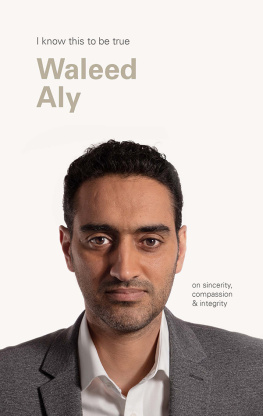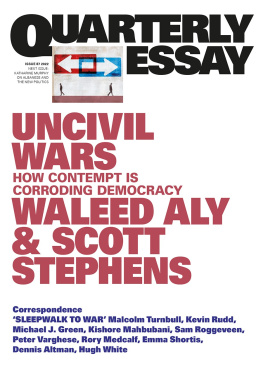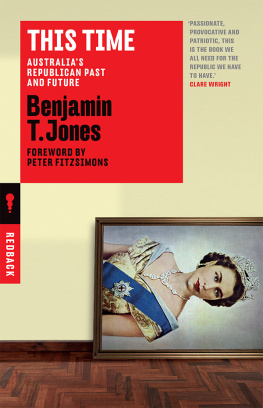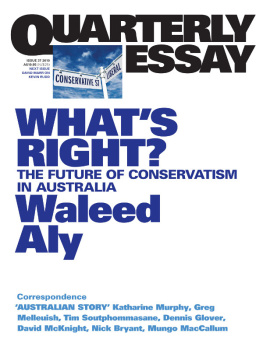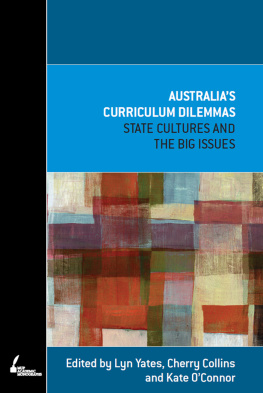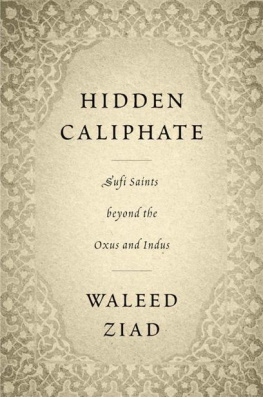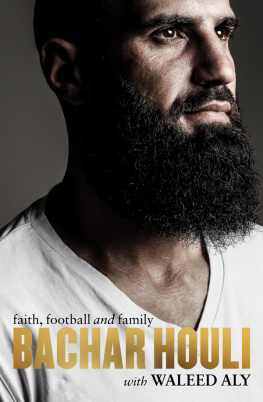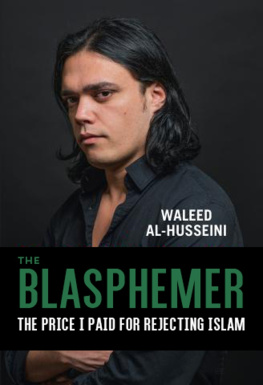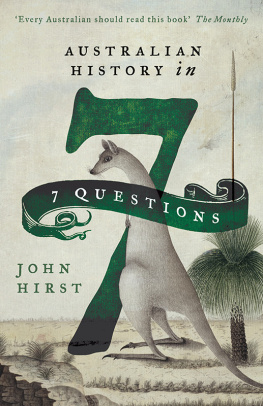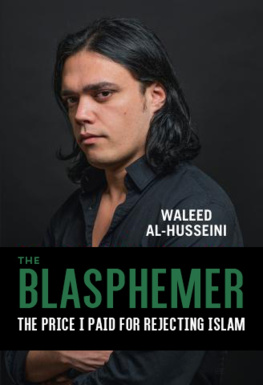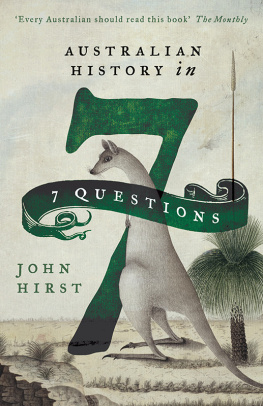BP (formerly The British Petroleum Company and BP Amoco), British oil and gas company.
Terrorist shooting attacks at two mosques in Christchurch, New Zealand, on 15 March 2019, which killed fifty-one, and injured forty-nine, people.
The Gold Logie Award for Most Popular Personality on Australian Television, presented annually at the Australian TV Week Logie Awards, commonly referred to as the Gold Logie. Aly received the award in 2016.
Aly received death threats after being nominated for the Gold Logie.
Yassmin Abdel-Magied (b. 1991), Sudanese-Australian media presenter, writer and former engineer, named Queensland Australian of the Year in 2015 for her community work. Moved to the United Kingdom in 2017 after receiving numerous death threats.
Daily newspaper serving Melbourne and the state of Victoria, Australia.
Waleed Aly, People Like Us: How Arrogance is Dividing Islam and the West. (Sydney, Australia: Pan Macmillan, 2007), p. xiv.
.
Ibid.
Ibid.
The publisher is grateful for literary permissions to reproduce items subject to copyright which have been used with permission. Every effort has been made to trace the copyright holders and the publisher apologizes for any unintentional omission. We would be pleased to hear from any not acknowledged here and undertake to make all reasonable efforts to include the appropriate acknowledgement in any subsequent edition.
Pages 1112, 35: Waleed Aly, People Like Us: How Arrogance is Dividing Islam and the West (Sydney, Australia: Pan Macmillan, 2007), reprinted by permission of Pan Macmillan Australia Pty Ltd, copyright Waleed Aly, 2007; pages 13, 54: Angus Fontaine, Waleed Aly on Becoming the Most Important Figure in Australian Media, GQ Australia, 30 June 2019, https://www.gq.com.au/success/opinions/waleed-aly-on-the-logies-and-becoming-the-most-important-figure-in-australian-media/image-gallery/6753141b648d5a3b14cbe155b9e7e67f?pos=3; page 45: Waleed Aly, The Project, Ten Network studio: Melbourne, Australia, 15 March 2019, following the Christchurch, New Zealand mosque attacks; pages 6970: Nelson Mandela by Himself: The Authorised Book of Quotations edited by Sello Hatang and Sahm Venter (Johannesburg, South Africa: Pan Macmillan, 2017), copyright 2011 Nelson R. Mandela and the Nelson Mandela Foundation, used by permission of the Nelson Mandela Foundation, Johannesburg, South Africa.
Also available in the series:
Jacinda Ardern: on kindness, empathy & strength
Ruth Bader Ginsburg: on equality, determination & service
Gloria Steinem: on integrity, empathy & authenticity
Greta Thunberg: on truth, courage & saving our planet
Nelson Mandela: guiding principles by Sello Hatang & Verne Harris
Five nights a week, Waleed Aly puts on a suit and tie, sits behind the desk of one of Australias biggest current affairs talk shows, and addresses the nation. As one of the hosts of Network 10s The Project, his face is a familiar sight in many Australian homes. But a quick look into his past reveals that being a broadcaster is just one small part of a diverse story.
Going to university wasnt optional for Aly, who was born in Melbourne to Egyptian parents and whose brother ten years his senior completed a medical degree. Choosing a different path, Aly studied law and engineering, keeping busy on the side with football, cricket and music.
Making his way into academia, he found a platform through which he could develop his interest in civil, social and human rights at Monash Universitys Global Terrorism Research Centre. The interest made sense Alys experience growing up in Australia was framed by his Egyptian heritage and Muslim faith. Being part of a minority, he inevitably developed a broader view of the world. We often fail to appreciate that our views
Humans are, in ways big and small, products of their past. Alys history played a vital role in shaping his identity, inspiring him to pursue a career that has, again and again, challenged and addressed issues of racism, terrorism and religion. In the wake of the 2015 ISIL (Islamic State of Iraq and the Levant) terrorist attacks in Paris that left one hundred and thirty people dead, he urged people to band together rather than be separated by fear and hate. The segment was viewed more than thirty million times. Four years later, when a white supremacist attacked two mosques in Christchurch, New Zealand, he publicly called out Australian politicians who were using their positions to promote hate. Their rhetoric only created division among innocent people and amplified what the terrorist hoped to achieve, he argued.
As a high-profile journalist, Aly is exposed not just to criticism and social media abuse, There have been times when staff have walked Aly to his car after work. Others when 24/7 security has been employed.
Unsurprisingly, these encounters combined with the added pressure of a life in the spotlight take a toll. Aly has previously spoken about his own experience with mental health issues. Ive been to the edge a few times. Not in the form of clinical depression, but certainly Ive felt pressure so extreme it weighs me down and leaves me unable to work. In revealing his own experience, he highlights the need for conversation about mental health, a reminder that appearances arent necessarily reality. You can never know what is going on behind closed doors.
As a Muslim academic hosting a major national prime time television program, Aly is a symbol of progress. But his influence goes further than that. Reporting with humility and emotional intelligence, he proves that there is a place for both integrity and empathy in broadcasting and journalism. In refusing to back down from the truth despite threats of physical harm, he demonstrates bravery and a commitment to honesty. And through his many public calls for unity he encourages togetherness over division, love over hate.
I think the best leadership that I observe comes from an ethic of service. And the flip is true as well the very worst leadership tends to come from a place of self-interest.
Can you introduce yourself and tell us about your work?
My name is Waleed Aly, Im a broadcaster and I work in Australia. I work in commercial television as well as radio. I write as well, I have columns in two major newspapers in Australia, and also in the New York Times international edition. And that all came off the back of being an academic. Political science is really the bedrock of what I do, but occasionally I get to play in a television studio.
What really matters to you?
A lot of things matter to me. The thing that probably matters more than anything else, personally, is integrity. I work in media, and I think media is an area where its very easy to forgo that; where other values can take over. Entertainment, for example, can trump that. You can do something that violates your own sense of integrity, your own character, for the purposes of providing something that is sensational, as an example. So there are times, I think, where youve got to take stock and figure out what the hierarchy is. And so for me, things to do with integrity and character really come out on top. And that means that Im often dealing with politics as subject matter, Im frequently interviewing politicians, whether it be the prime minister or an opposition politician, a minor party politician. These are areas where I think its really easy to forgo that sort of stuff.
But I think its really important to be as honest and sincere as you possibly can be while still performing the job, which is to hold people to account, to test their ideas. And I think, ultimately, that matters because if thats not looked after, if thats not in place, then really what you end up doing is a disservice to, in my case, my audience. I work in the media, that media has a democratic function to serve in a country like Australia, and that democratic function is wildly undone and undermined if you dont, as a broadcaster, do it sincerely.
Next page
